welcome to bless the mess
As a wife, mom and organizer, my goal is to empower homeowners to find balance in their homes and minds through organization.
Join the 14 Day get Organized Challenge
This 14-day challenge is designed to help you make small changes each day and get into the habit of organizing.
Join Now
I knew my son Nick understood organization when, at only 7 years old, he started making his own checklists. He didn’t need reminders to pack his school bag or plan his week—he had watched me do it for years and naturally followed suit. Now, as a pre-teen, he tells me what he needs to stay on top of things.
Organization isn’t something kids magically learn overnight. It’s a skill that needs to be taught, modeled, and reinforced over time. And it’s one of the most valuable gifts we can give our children—because knowing how to manage time, space, and responsibilities is what sets them up for success long after they leave home.
In this post, I want to share what has worked for me and my son, in hopes that it can help inspire you to instill these habits in your own children and set them up for success.
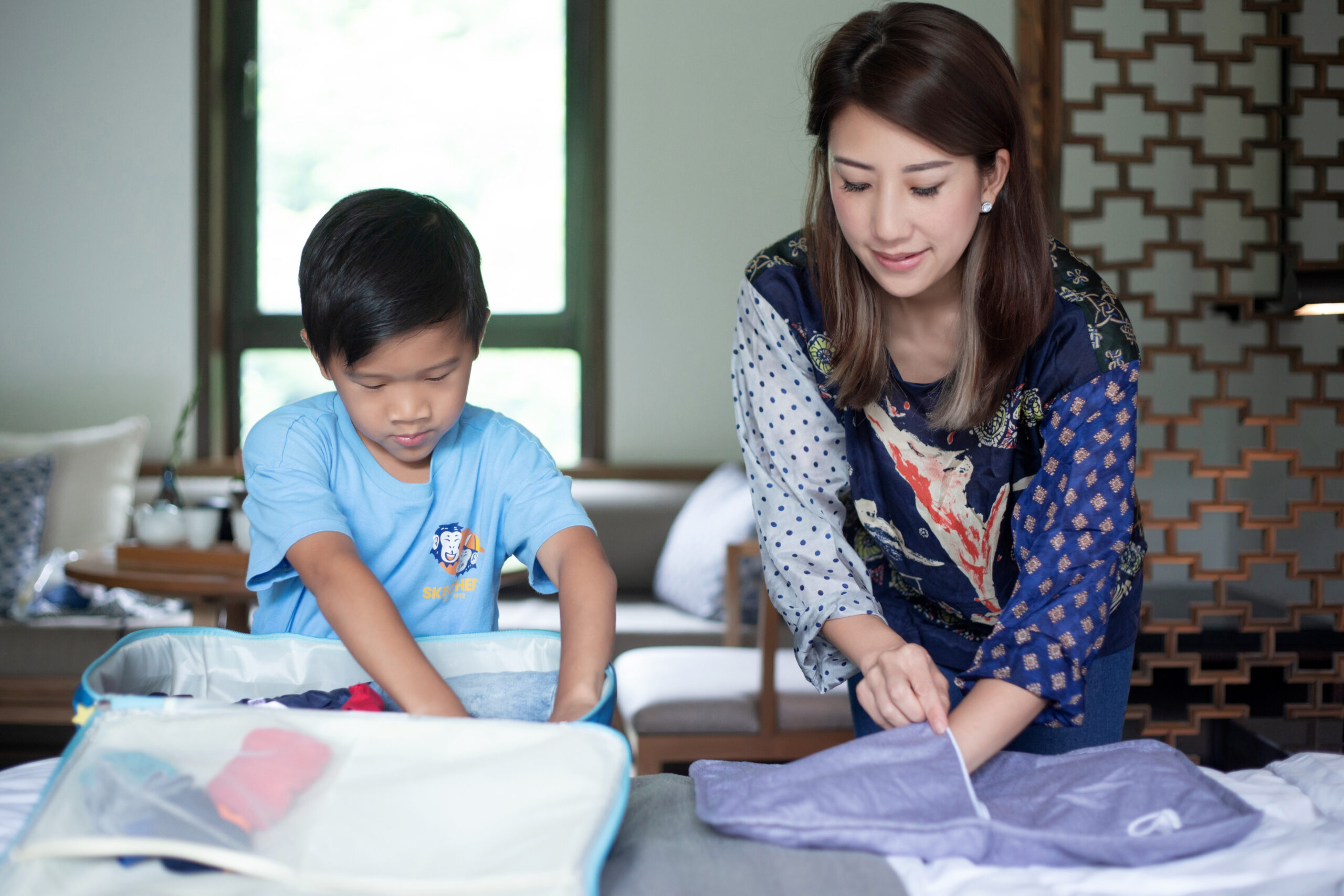
Starting Teaching Organization Early
Children thrive on routines, whether they realize it or not. When they’re little, we help them get dressed, brush their teeth, and put toys away. But as they grow, our role shifts from doing it for them to teaching them how to do it themselves.
With Nick, I started small. A simple morning checklist on the fridge helped him remember the basics: make the bed, put dishes in the sink, pack the backpack. At first, he needed reminders. But after a few months, these steps became automatic. That’s the beauty of early habits—they eventually become second nature.
Key Takeaways:
- Kids learn by watching—model organization in daily life.
- Simple checklists help reinforce routines.
- Repetition turns habits into second nature.
Young Kids? Read this: 5 Tips to Teach Organization to Children
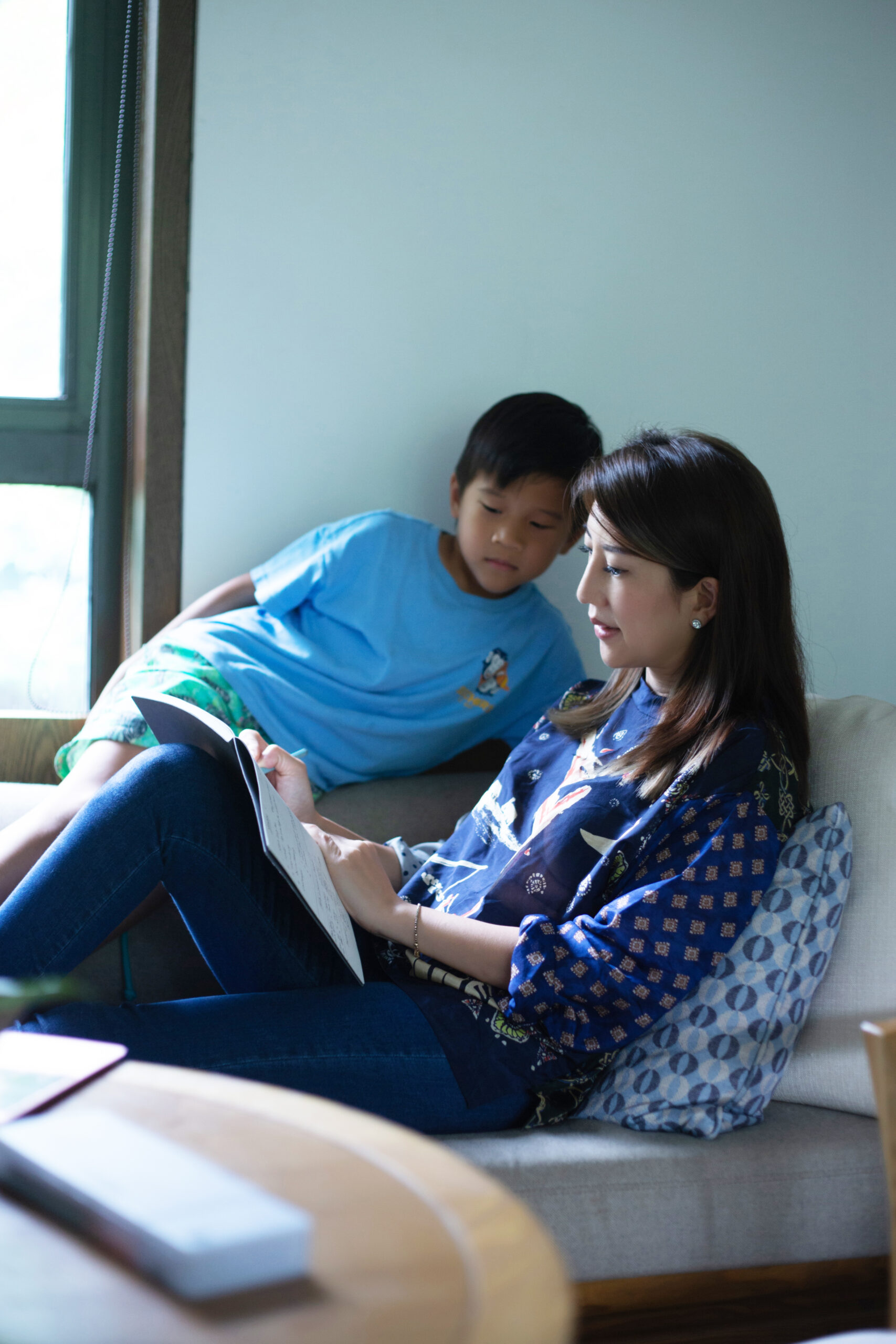
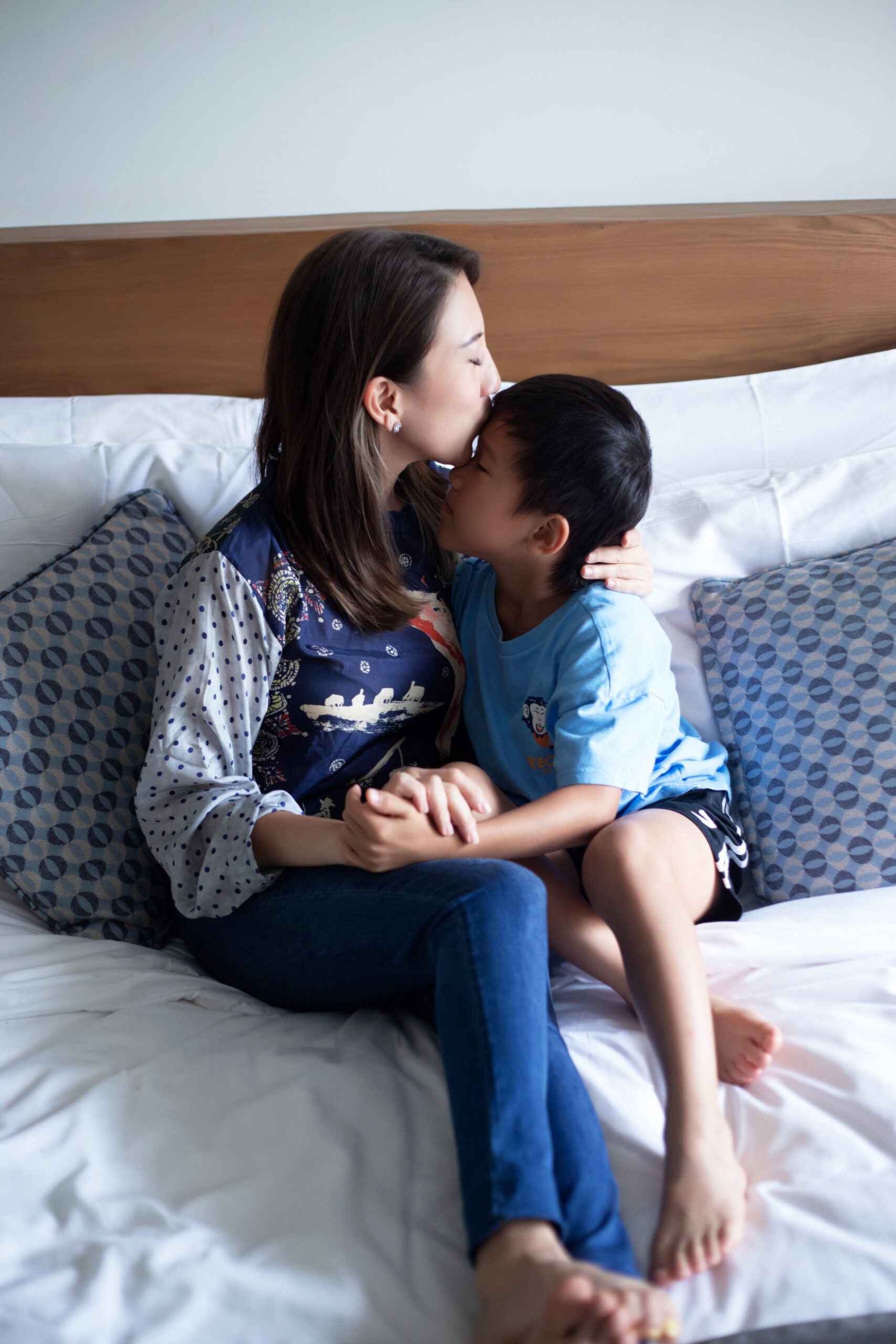
Teaching Time Management
Kids don’t naturally grasp time. Ten minutes feels endless when they’re waiting for something, but an hour of screen time disappears in a blink. This makes time management one of the hardest skills to teach.
With Nick, I introduced a visual timer early on. It helped him see time passing, whether for brushing his teeth or finishing homework. As he got older, he learned to plan backward—if an assignment was due Friday, he’d break it into smaller steps throughout the week. He didn’t always stick to the plan, but when he didn’t, he felt the stress of last-minute scrambling. Over time, he connected good planning with less frustration—a lesson that stuck.
Key Takeaways:
- Use visual timers to help kids understand time.
- Teach them to plan backward from deadlines.
- Let them experience the natural consequences of poor time management.
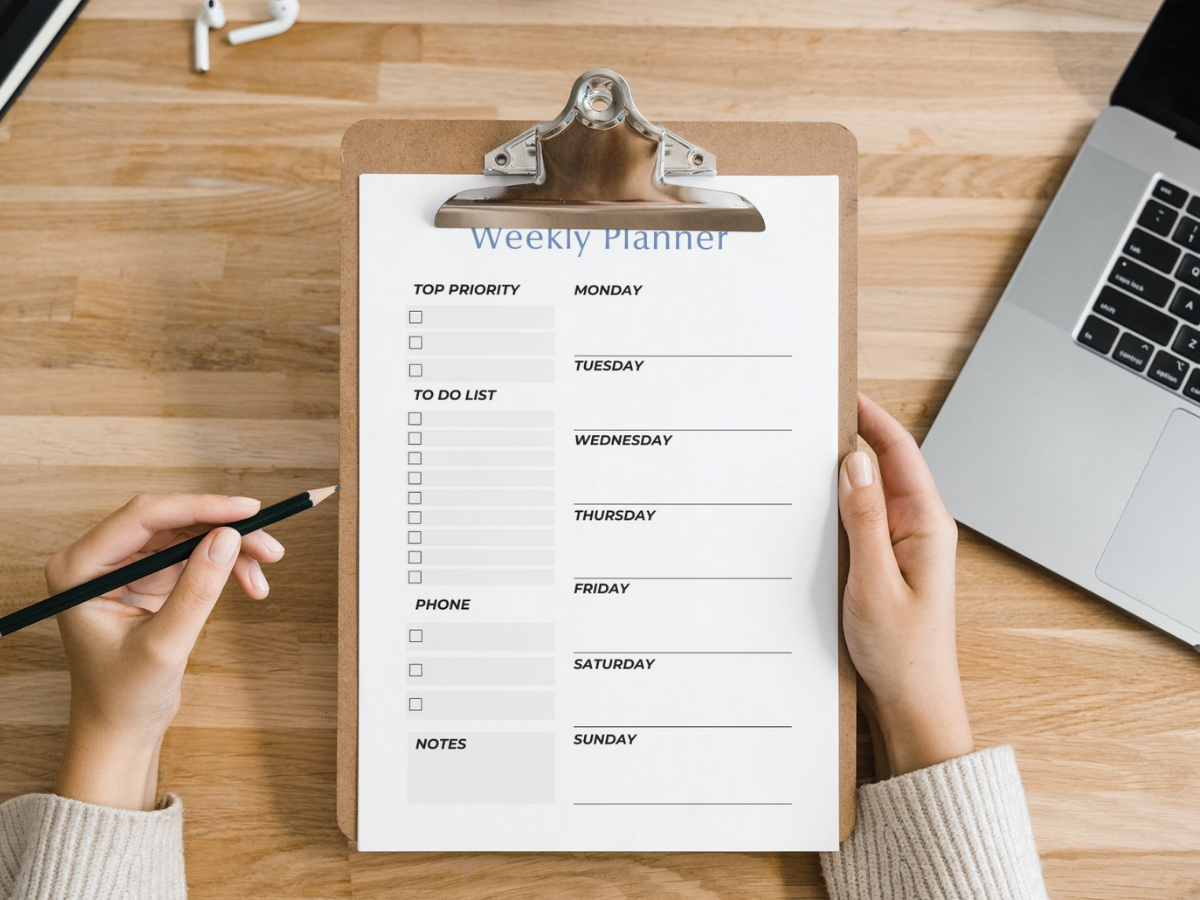
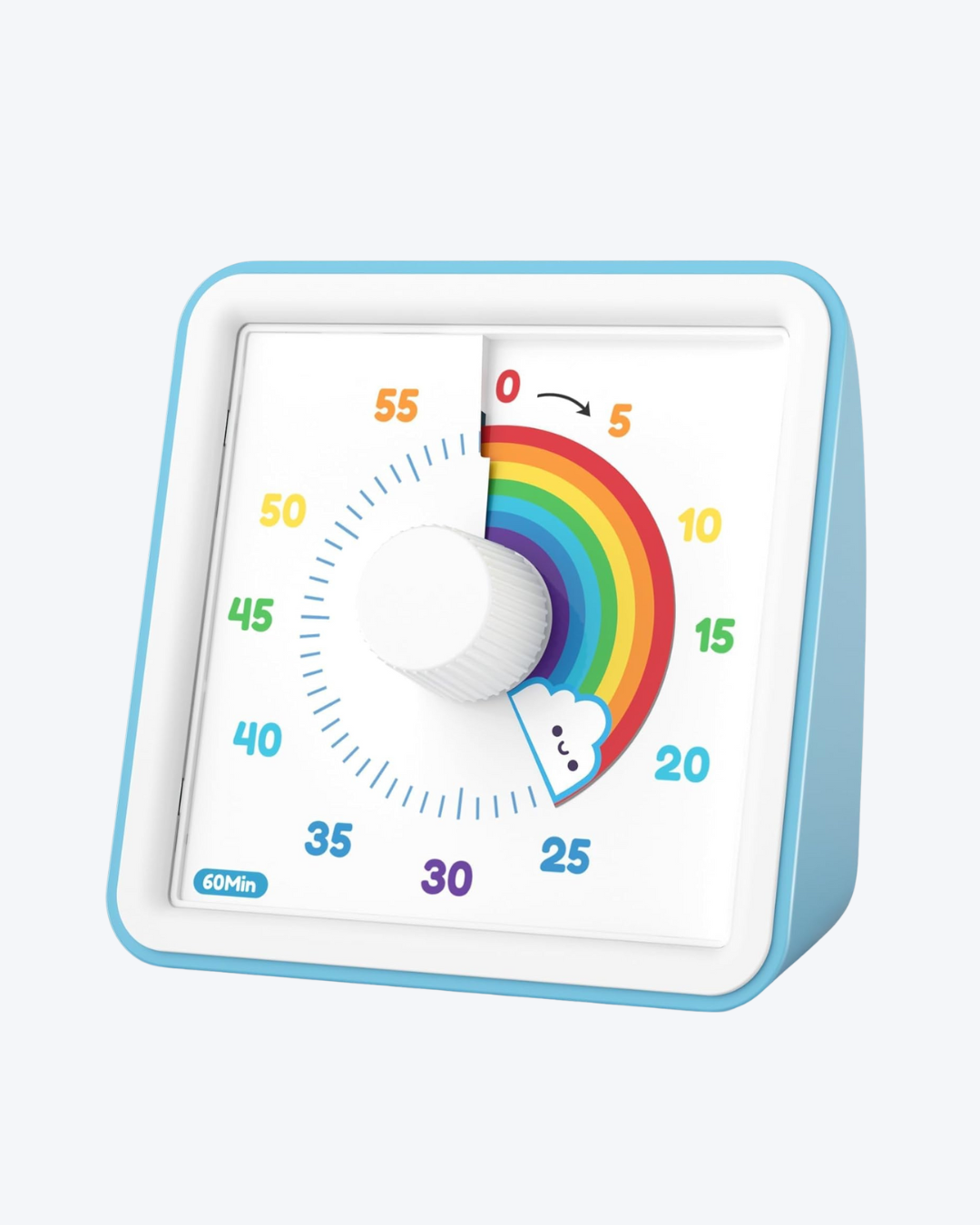
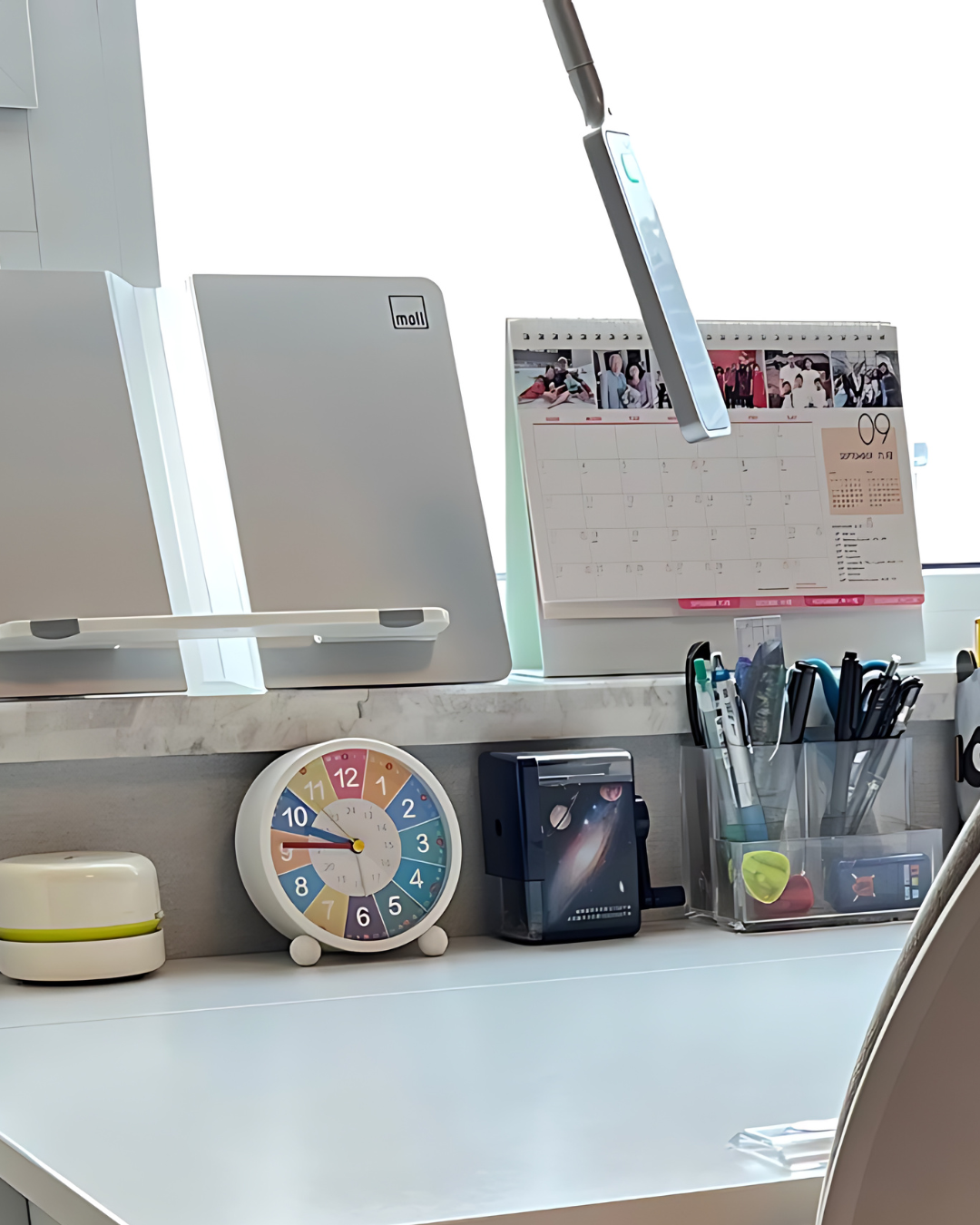
Helping Kids Manage Their Space
An organized space leads to an organized mind—at least, that’s what I believe. But expecting kids to naturally keep things tidy is unrealistic. The key is giving them systems that make organization easy.
When Nick was very young, we tackled his room together. Instead of saying, Clean up, we broke it into steps: books on the shelf, clothes in drawers, toys in bins. I let him decide where things should go, which gave him a sense of ownership. Now, as a pre-teen, he maintains his space with little help. When he goes to college, I know he’ll have the skills to keep a small dorm functional.
Key Takeaways:
- Break organizing into small, manageable steps.
- Let kids decide where their belongings go.
- Systems make tidying up easier and more consistent.
Learn more here: From Desk to Closet: How to Organize Your Child’s Room for School Success
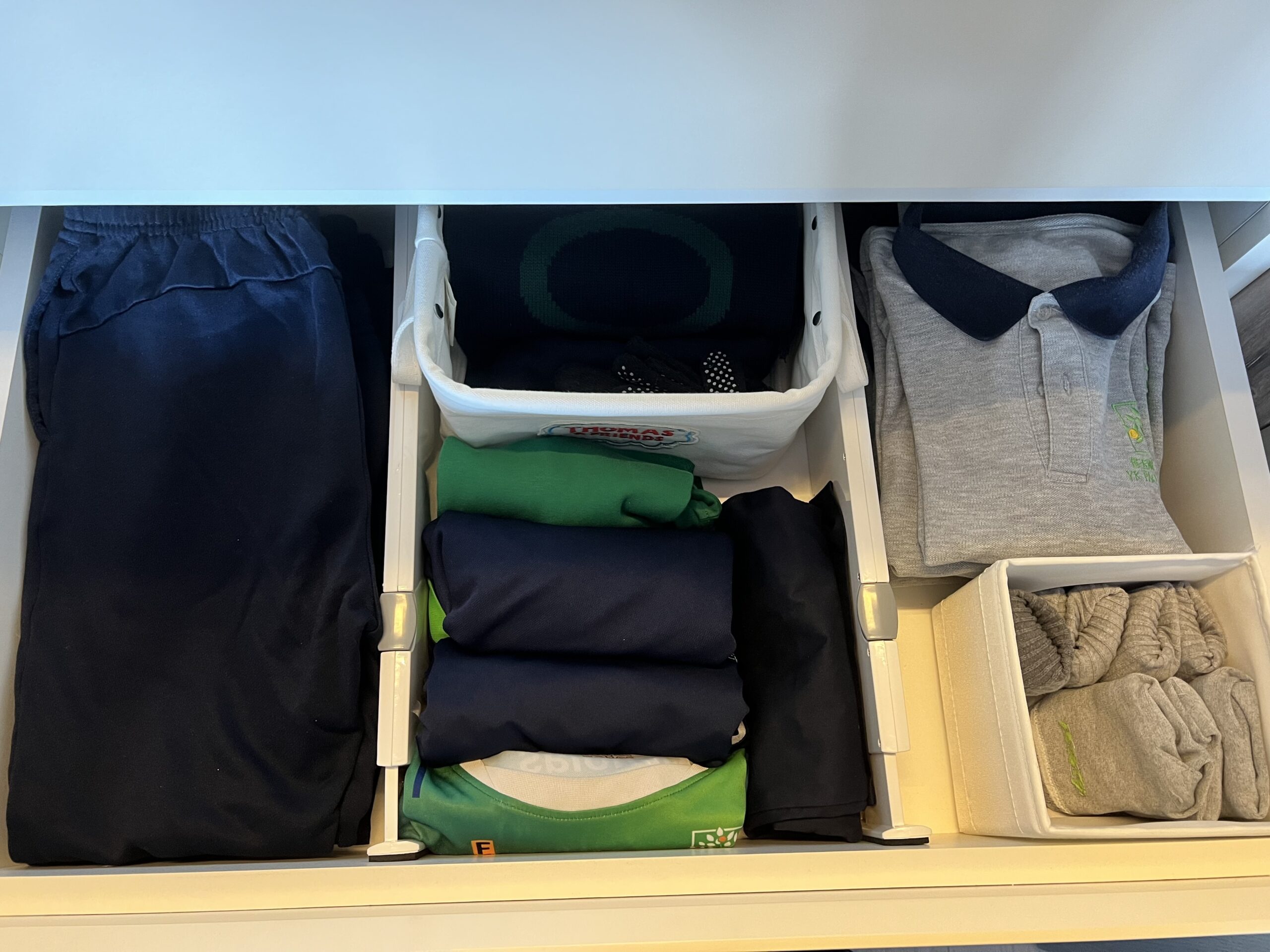
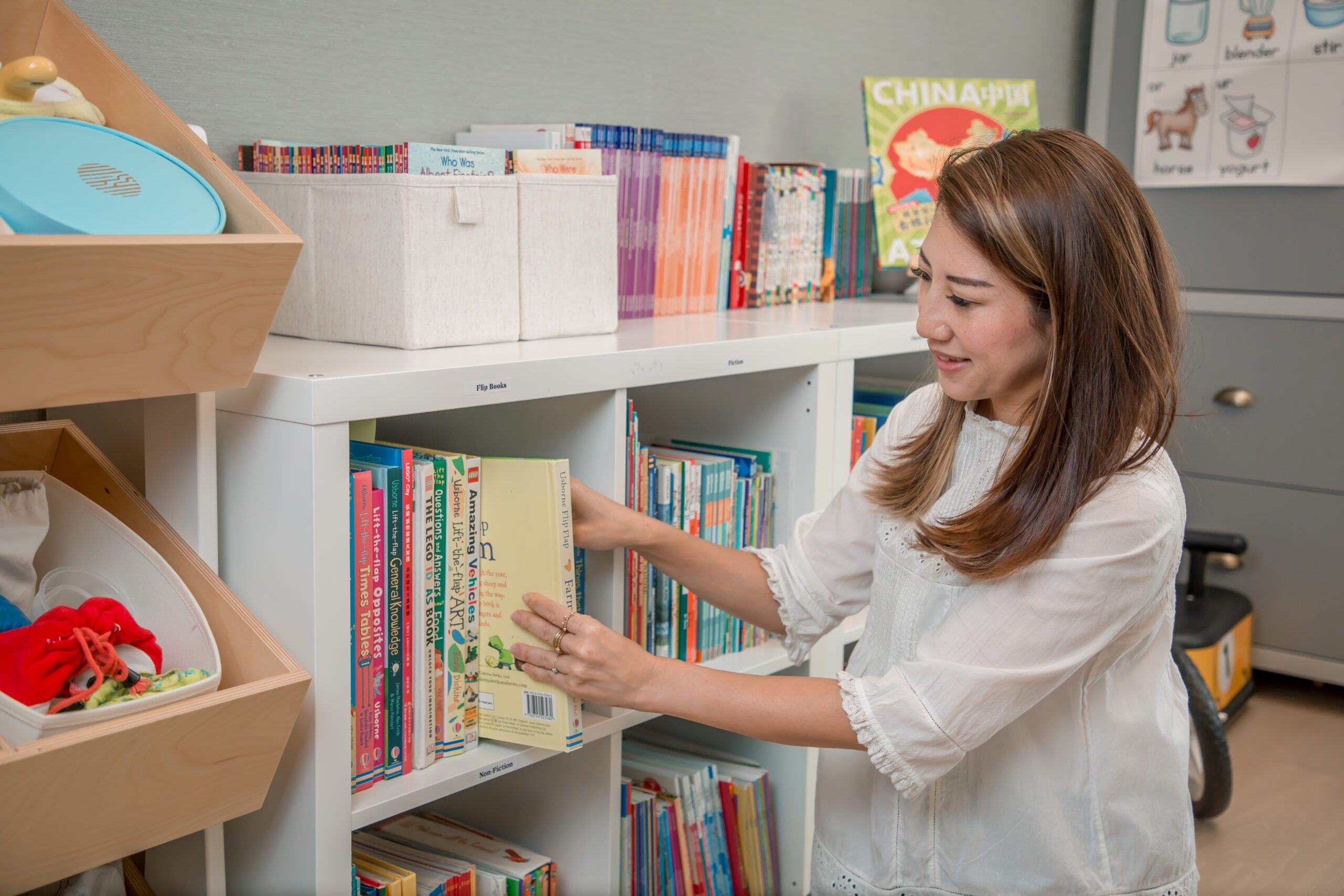
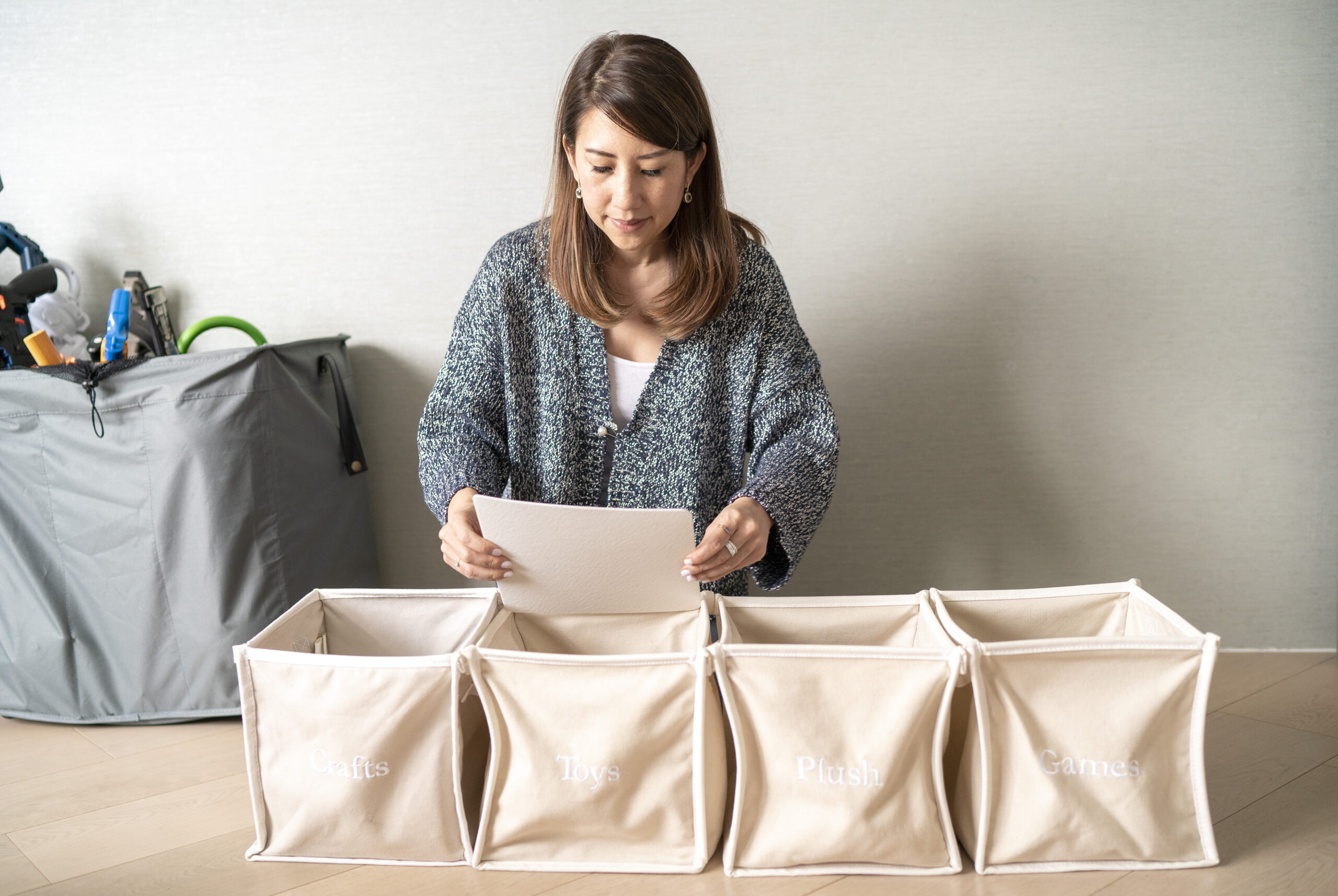
Encouraging Independence
By the time Nick goes to college, I want him to manage his own schedule without me reminding him. That starts now. He’s still young, but I give him the space to plan his own time—whether it’s schoolwork, activities, or personal projects.
When he forgets something, I don’t rush to fix it. If he leaves an assignment until the last minute, I don’t stay up helping him finish. Instead, we talk: What went wrong? What can you do differently next time? These small lessons now will help him handle bigger responsibilities later.
Key Takeaways:
- Let kids manage their own time while they’re still at home.
- Don’t rush to fix their mistakes—let them learn from them.
- Conversations about time management are more valuable than lectures.
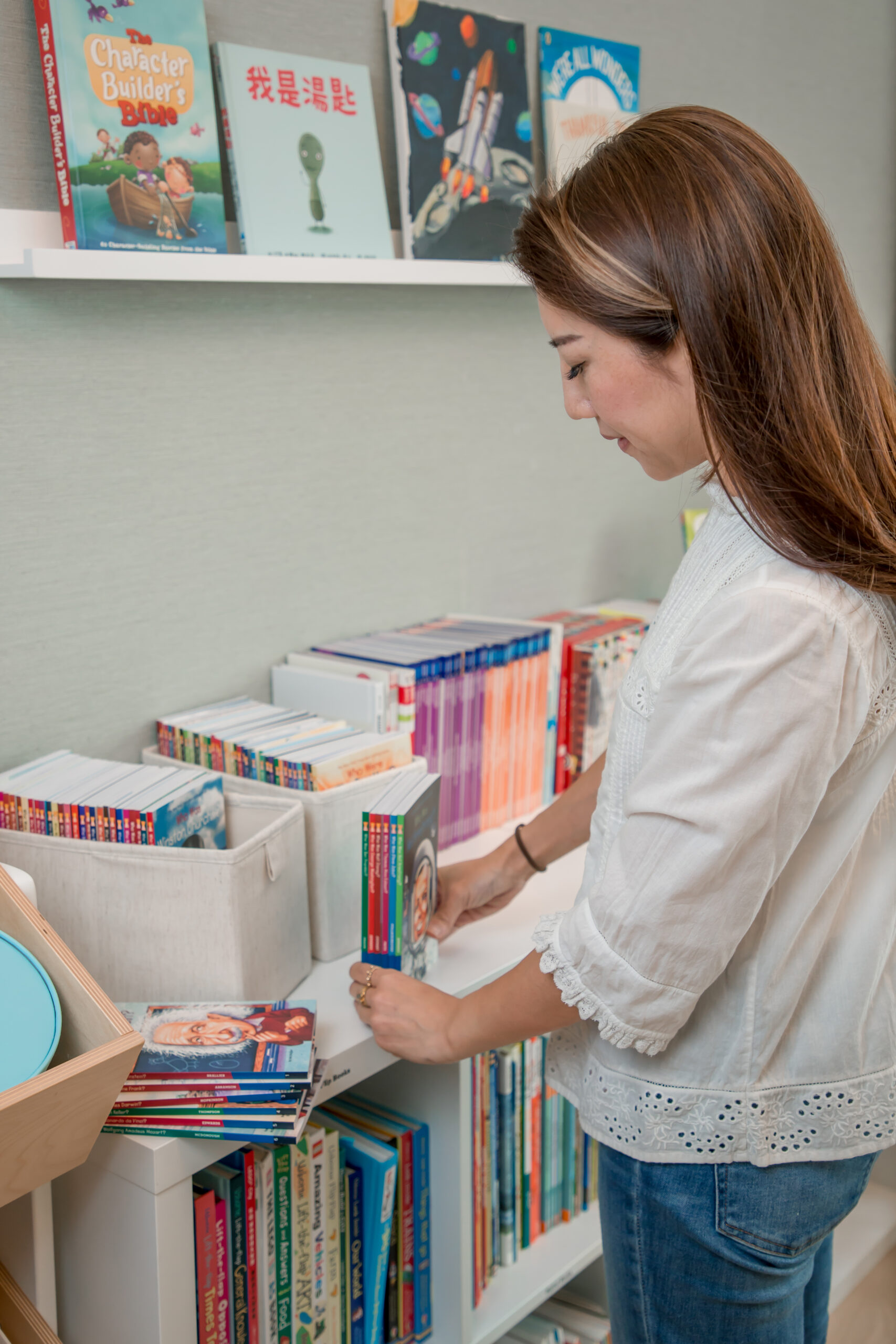
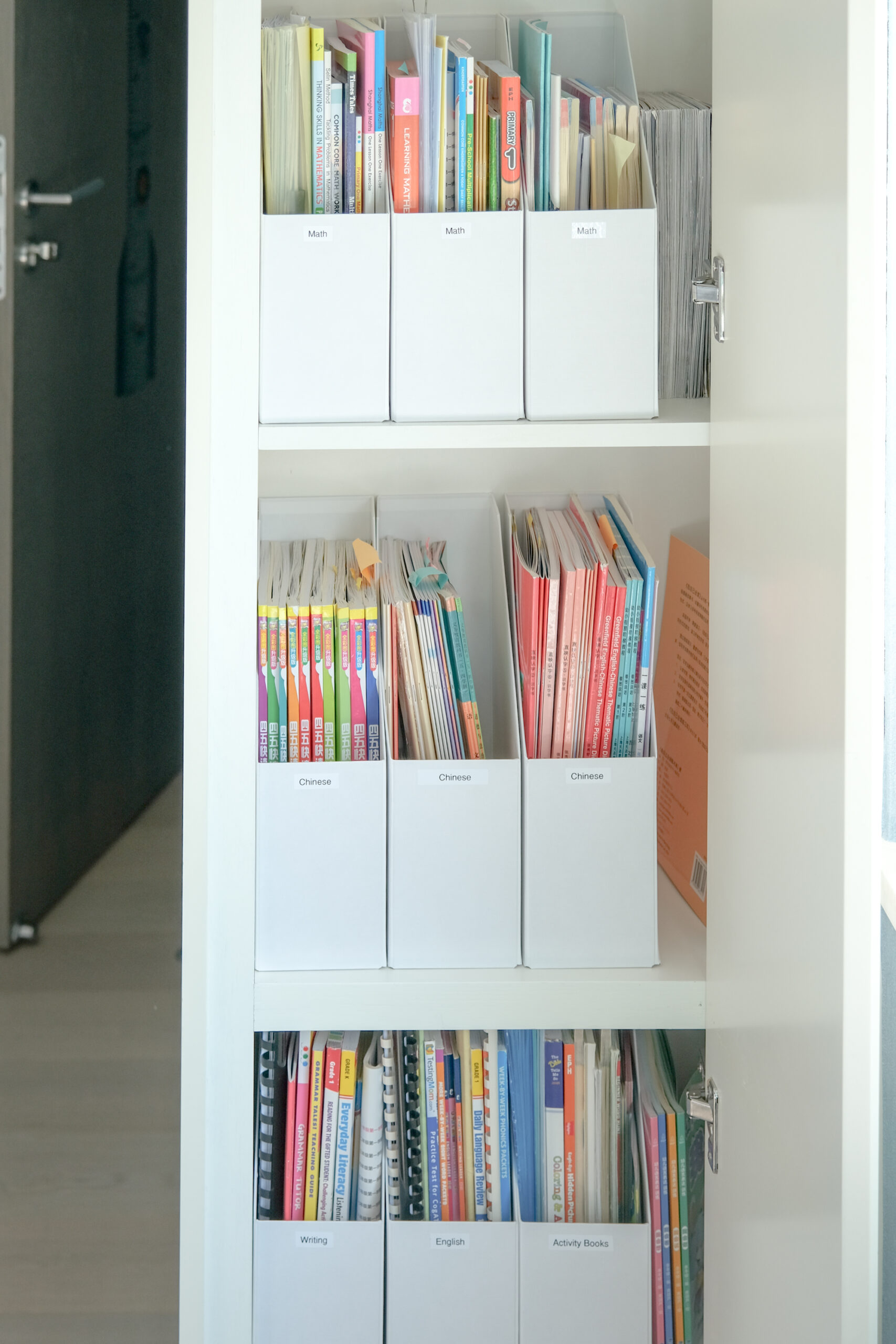
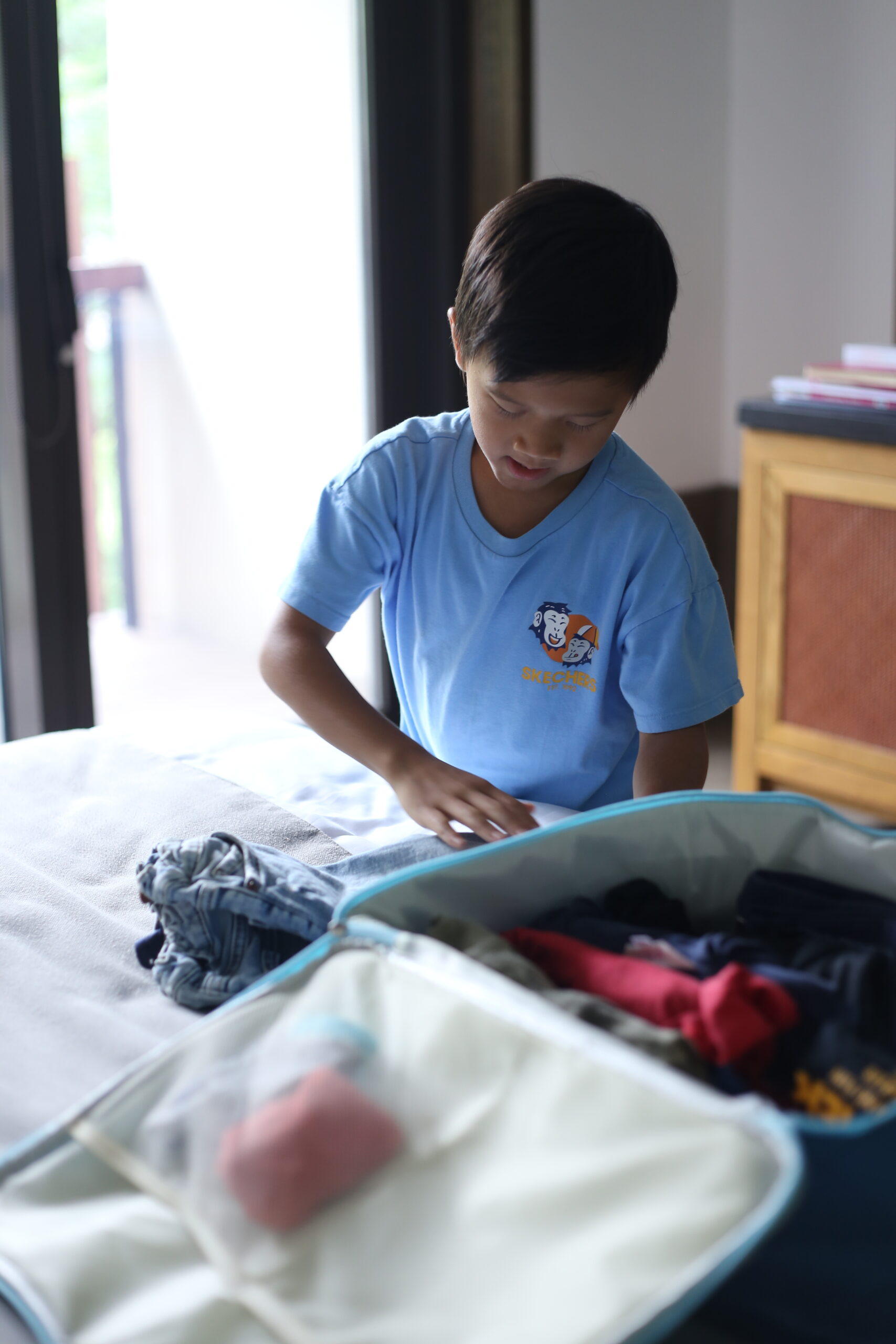
Technology as a Tool, Not a Crutch
I’m all for using digital tools—Nick has a calendar app and sets reminders for important tasks. But I also want him to know how to manage his time without relying on a screen.
That’s why we balance tech with traditional methods. A paper planner helps with daily tasks, while his phone tracks long-term deadlines. We also use a shared family calendar—first on the fridge, now in an app—so everyone stays on the same page. By the time he goes to college, he’ll already have the skills to stay organized on his own.
Key Takeaways:
- Use both digital and paper tools for organization.
- Teach kids to manage schedules without relying only on screens.
- A shared family calendar helps keep everyone accountable.
If your children are still very young and you want to learn how to manage their digital life, read this.
The Power of Consistency
Raising an organized child isn’t about enforcing strict rules or expecting perfection. It’s about small, daily habits that, over time, shape the way they manage their space, time, and responsibilities.
Nick’s room isn’t always spotless, and sometimes he still misjudges how long a task will take. But he understands that being organized makes life easier, not harder. That understanding will stay with him long after he leaves home. My job isn’t to control his habits—it’s to equip him with the tools to manage his own life. And that, in the end, is the best gift I can give him.
If you want more ideas on raising an organized child, check out my other posts on building lifelong habits and making organization second nature.
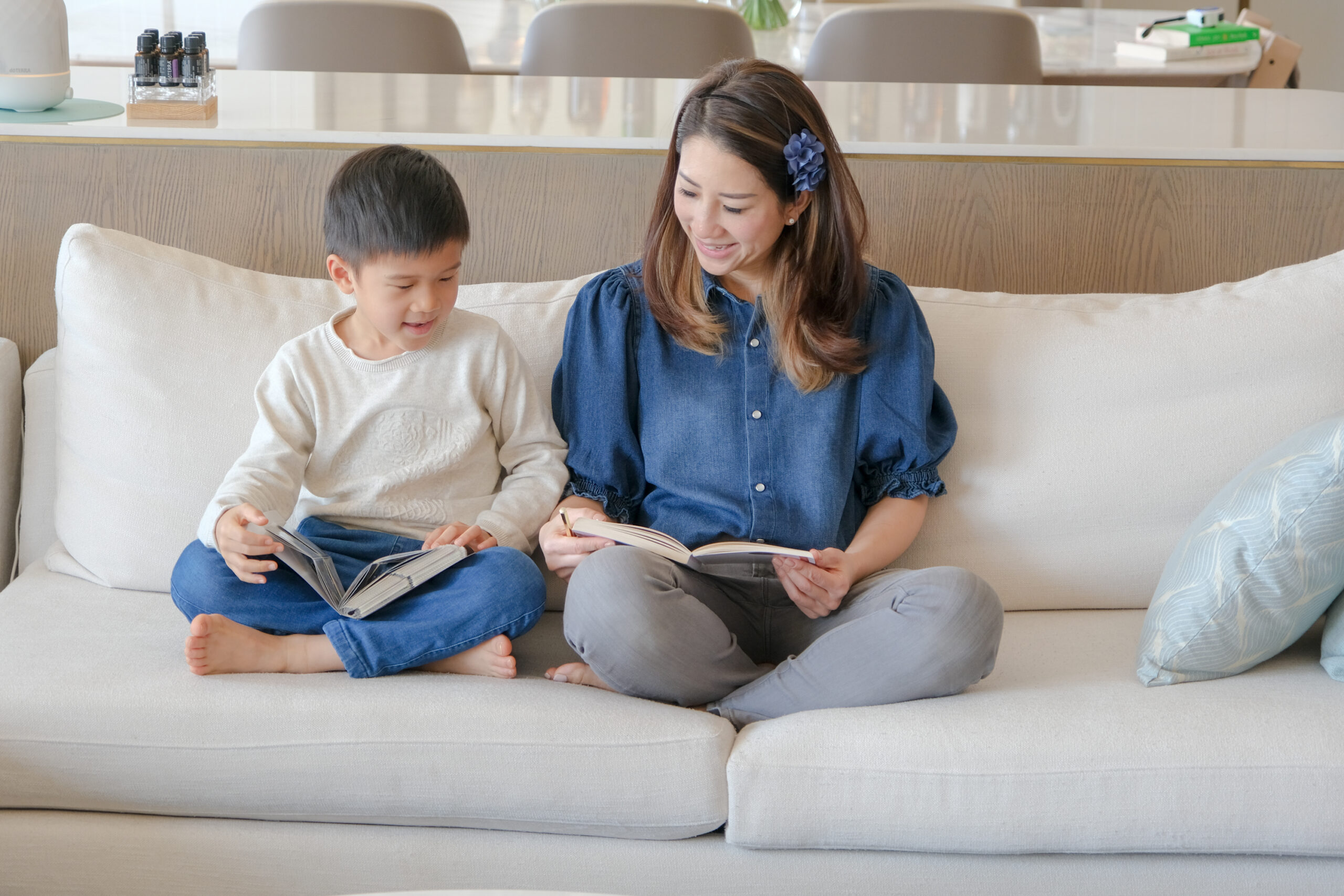
Before you go…
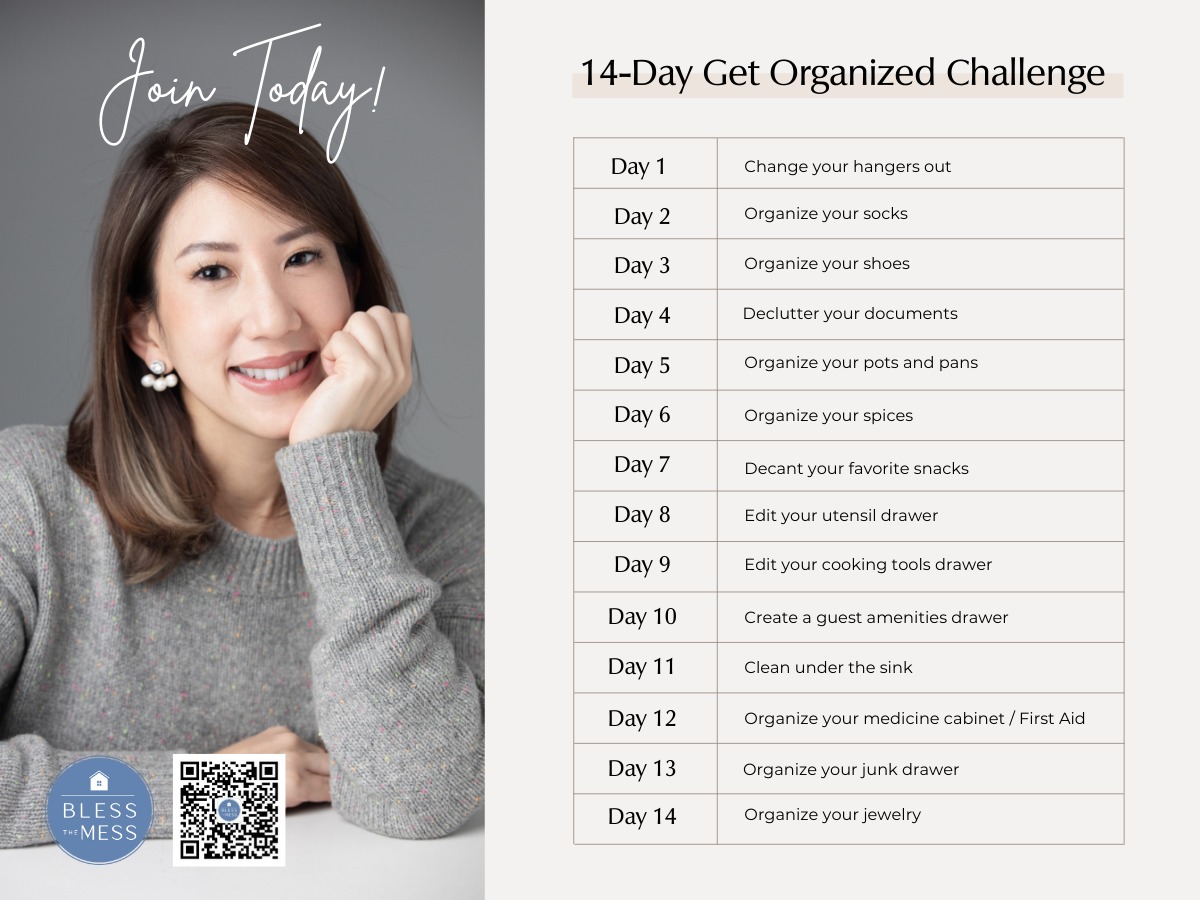
MAKE SURE TO FOLLOW US FOR MORE GOOD IDEAS
Instagram | Facebook | Little Red Book | Wechat
You can also contact me or subscribe to my newsletter here.
PIN IT FOR LATER ↓
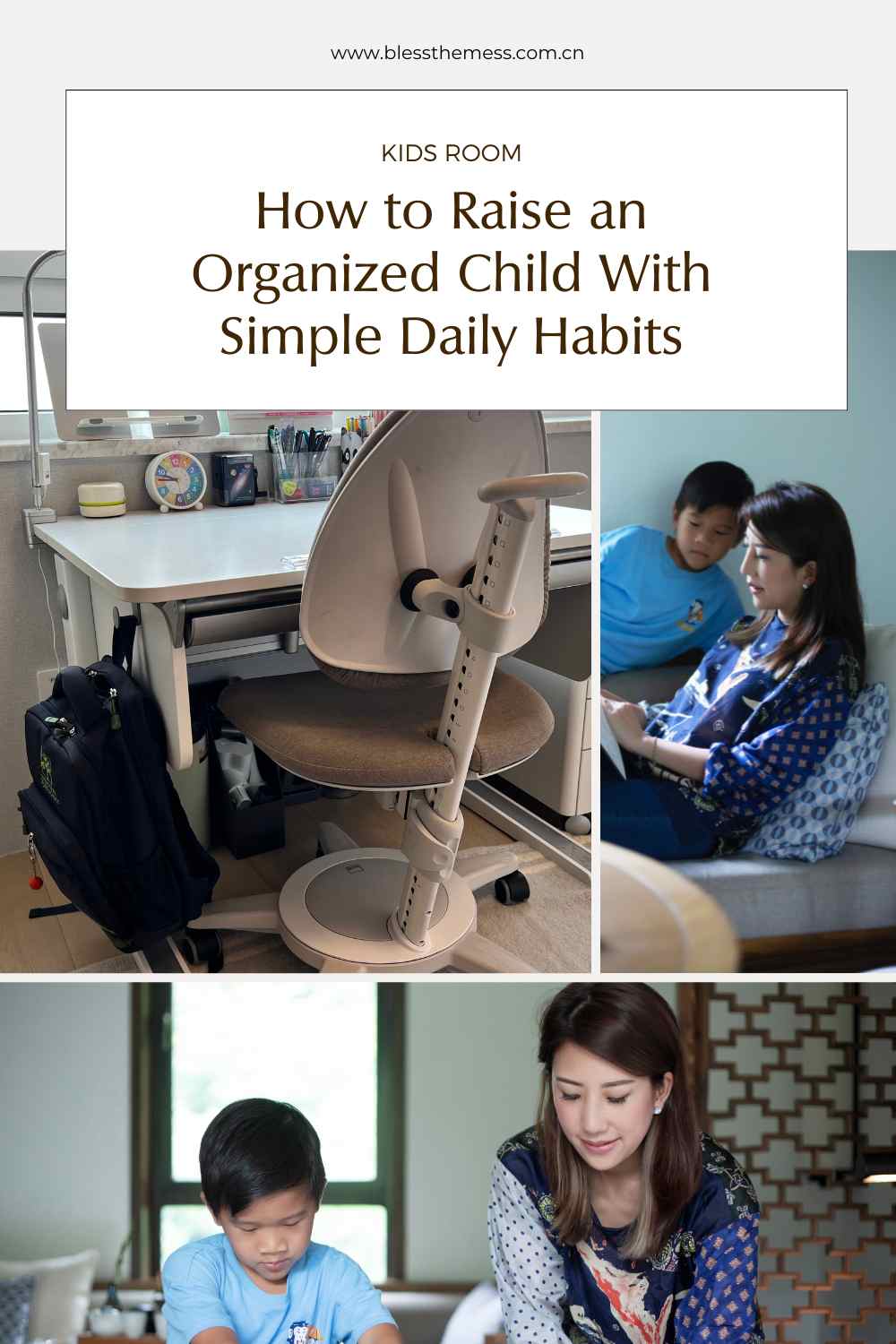
Leave a Reply Cancel reply
Bring Tidy Home
with Our Newsletter.
Receive our free resources and stay up to date with the latest blogs, organization challenges, events, and more!
Thank you!
You're subscribed to our newsletter. We'll notify you when we release new freebies and when new blogs get published.
You may Also Enjoy...
browse the latest posts
Explore
Blog
© 2022. BLESS THE MESS, ALL RIGHTS RESERVED
| TERMS | PRIVACY | MADE WITH ♡ BY zehn
find me on instagram @bless_the_mess_
find me on instagram
Get Organized Challenge
Commit to Organize Your Life in 14 Days
Lorem ipsum dolor sit amet, consectetur adipiscing elit. Suspendisse eu lacinia metus. Quisque lacinia mi vitae nunc sollicitudin, a dignissim sem imperdiet.
Join Now
添加我的微信号
微信ID:blessthemess-sh


